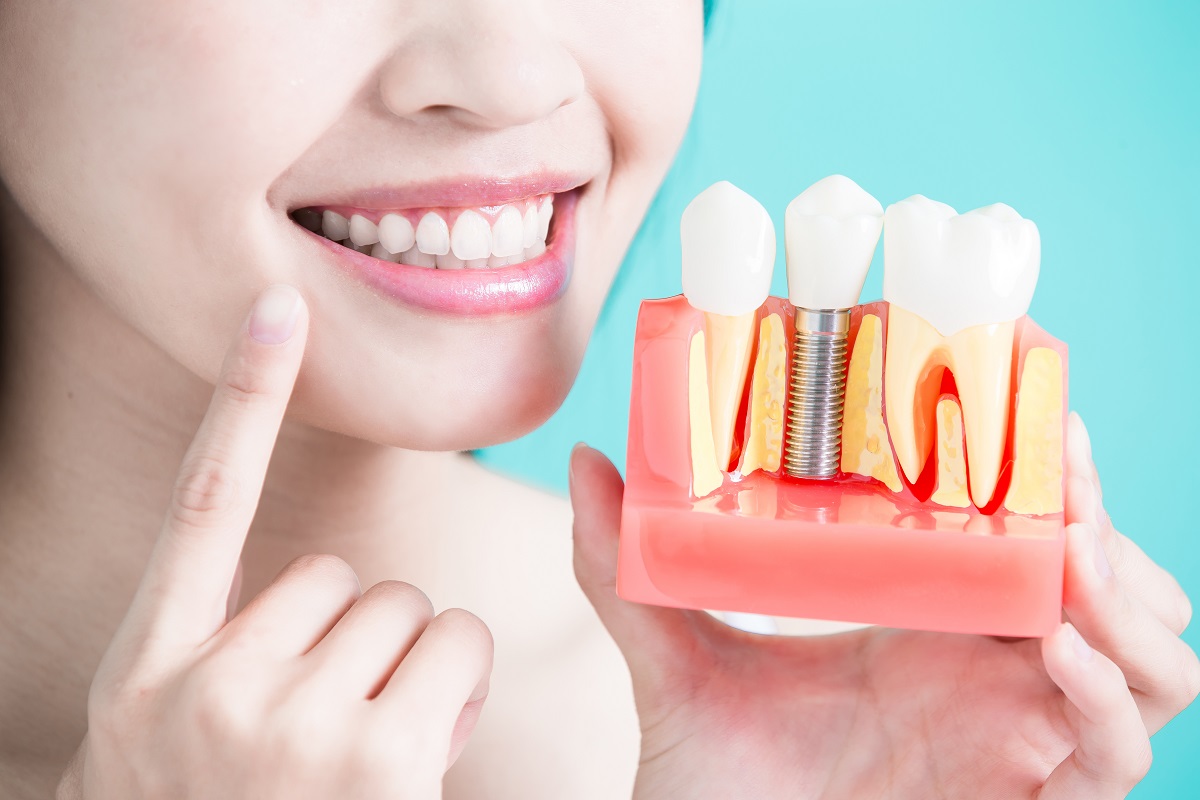It can be nothing short of frustrating when you visit your dentist to have oral implants fitted to be told that you aren’t suitable for the regular, or endosteal variety.
While they are suitable for most people, there are a few conditions that may make them unsuited for you; perhaps your jawbone is too thin? Or maybe you are undertaking treatment for an autoimmune condition, rendering them too risky to implant?
Typically, the most common cause for not being suited for endosteal implants is related to jaw bone density, leaving many patients to wonder if there is a different kind of implant that allows for a bit more wiggle room in this area?
Luckily, there is and in this article, you will be introduced to it; the subperiosteal implant, which can allow those who are unable to accommodate the endosteal version to still benefit from similar technology.
What are they?
While they are still known as a dental implant, a subperiosteal implant is not really an implant at all!
Physically, it resembles a metal framework that is placed on top of your jawbone (but underneath your gum line) and is secured in place with some strategic sewing. There will usually be 2-4 posts protruding above the gum line, but this is the point at which your prosthetic teeth will be attached. Once healed, it is as secure as a regular implant and can support an entire set of dentures.
Due to the size of a subperiosteal implant, they are not suited for replacing single teeth.
Do they need fusing time?
As mentioned earlier, they are not actually implanted into the jaw so no, they require no fusing time at all.
Once they have been fitted, there will be a recovery time needed which will vary from 3-6 months, but this is to ensure that they are fitted in their correct place and that the gum is holding them in place.
Can anyone have them fitted?

Ideally, people who have lost all of their teeth or an entire jaw of teeth are more suited to having subperiosteal implants, but if your dentist is skilled at making smaller versions for a missing row of teeth, then almost anyone can have them fitted!
Of course, you will need to be over the age of 18!
Do they require different aftercare?
No, they don’t; once placed, you will need to treat your new prosthetic teeth the same way you would as if they were natural.
You will need to attend regular check-ups with your dentist and you will need to refrain from smoking and drinking alcohol to ensure they have a long lifespan. You will also need to keep an eye out for gum disease, as this can also shorten the longevity of this implant.
Do they have a long lifespan?
In short, yes they do.
Provided you maintain good oral hygiene and refrain from smoking cigarettes and drinking excess alcohol, your implants could last for practically the rest of your life!
If at any stage you have concerns about your implants moving or becoming infected, talk to your dental team.
DISCLAIMER OFFSITE
Any surgical or invasive procedure carries risks. Before proceeding you should seek a second opinion from an appropriately qualified health practitioner.
